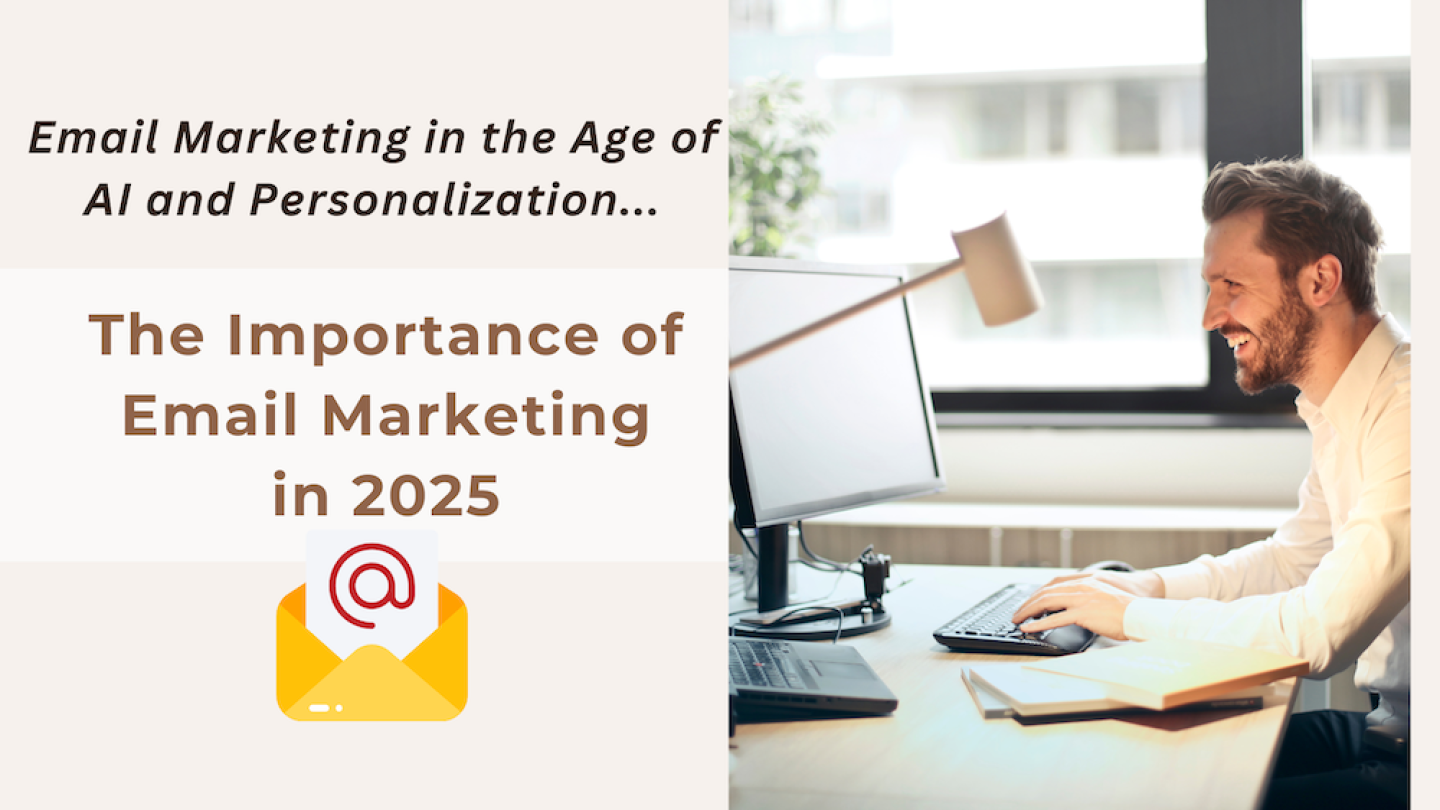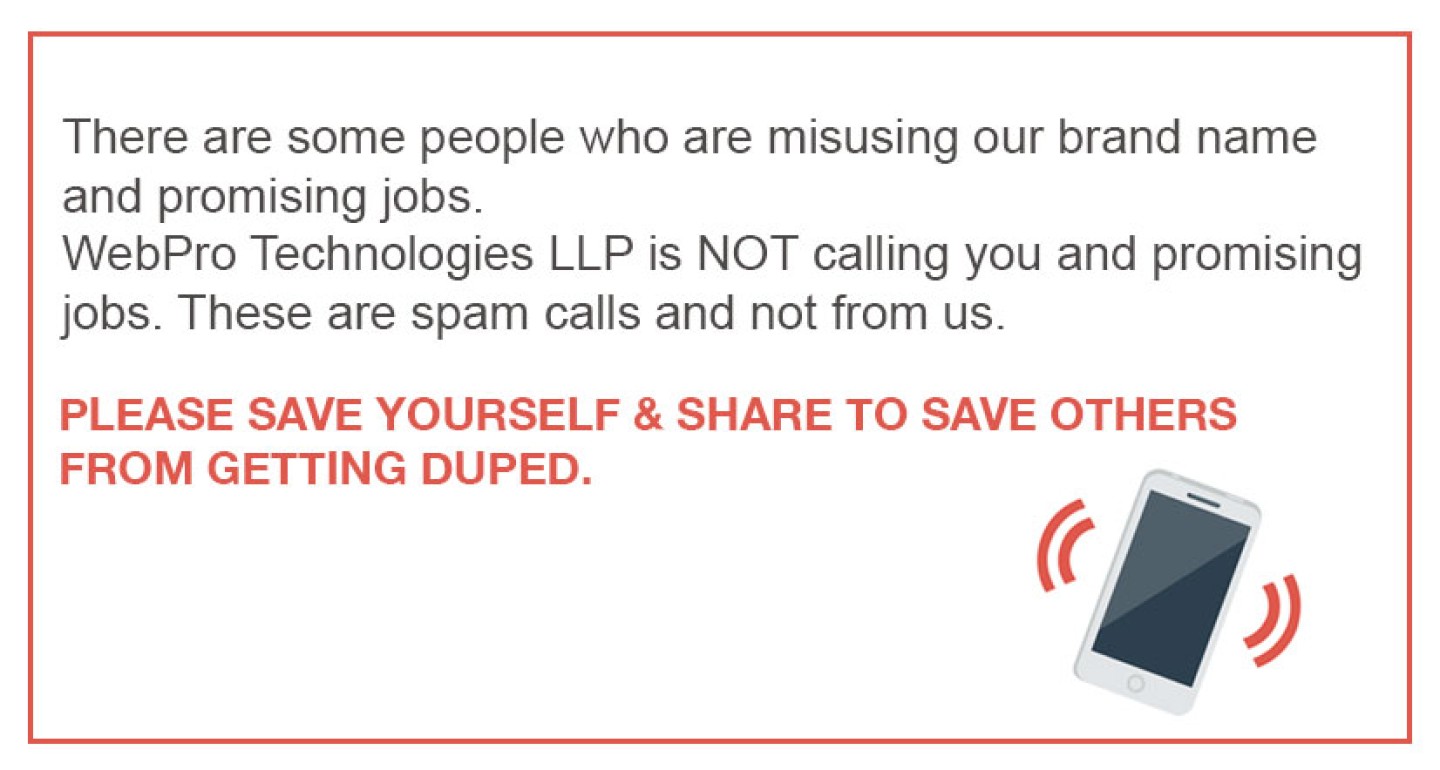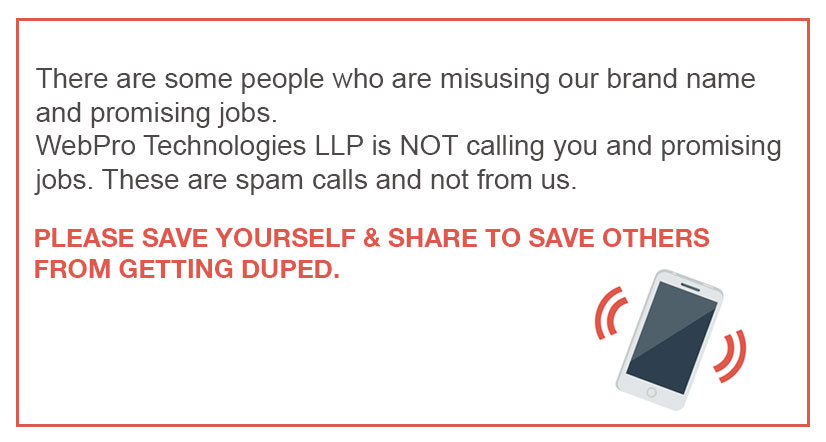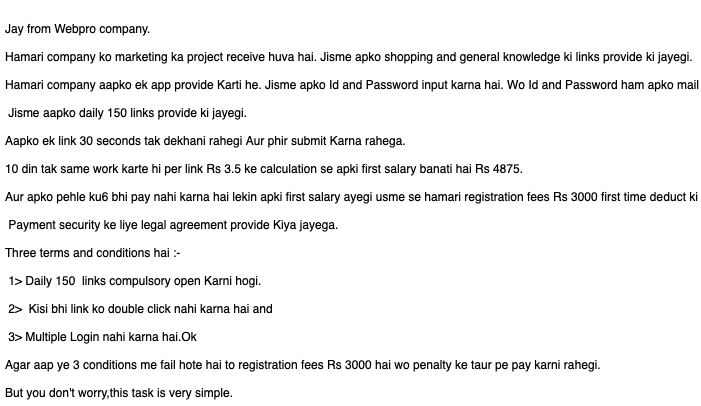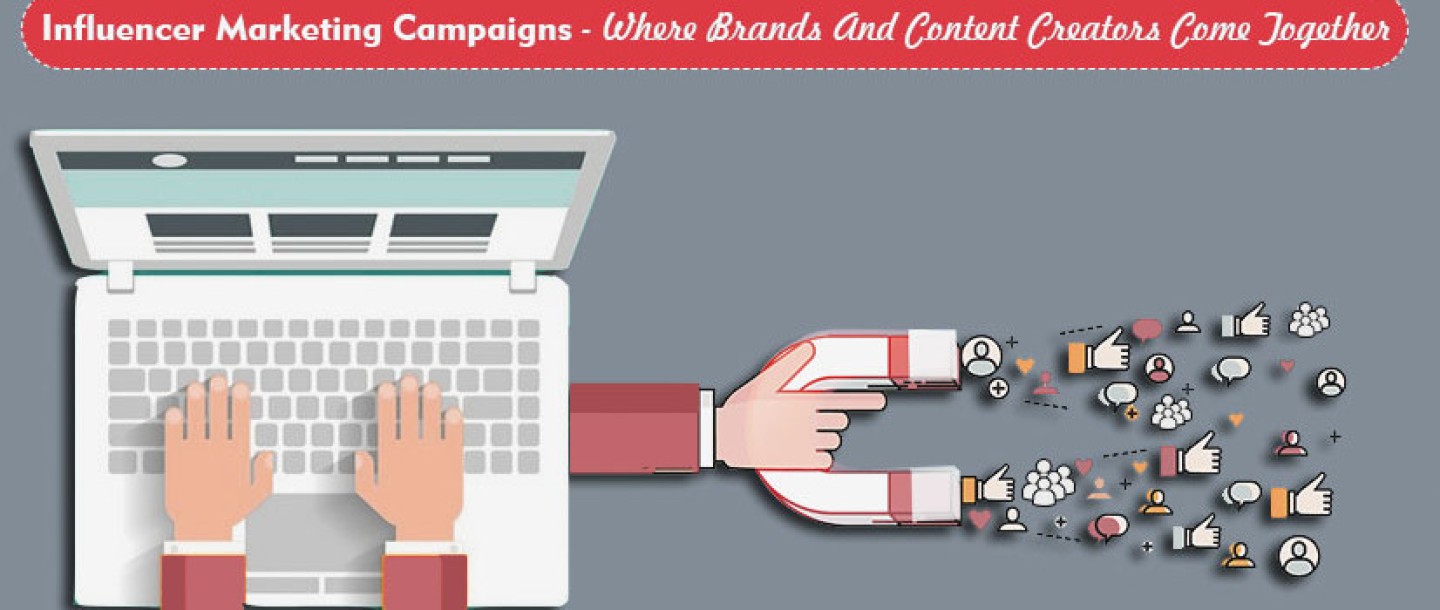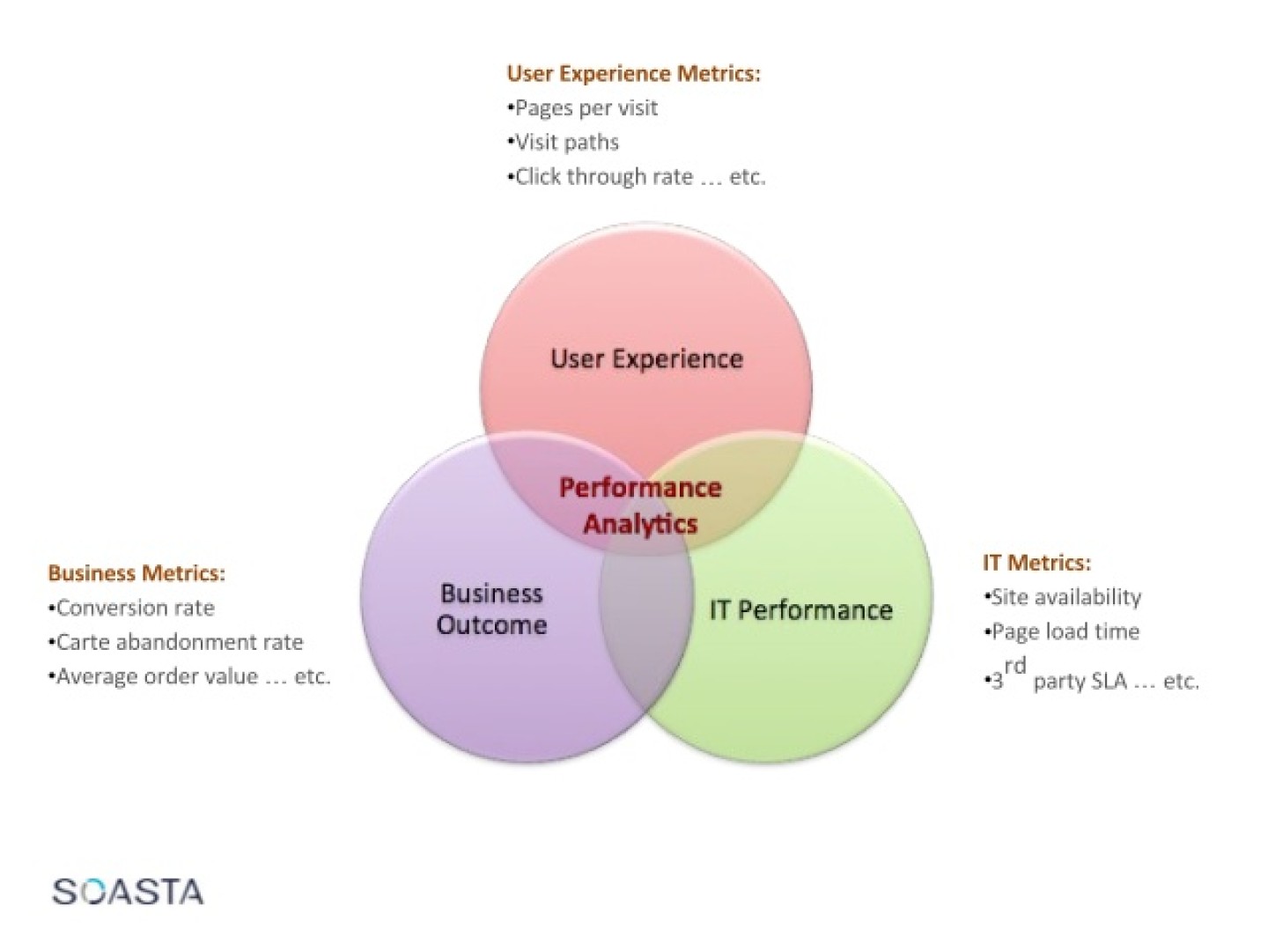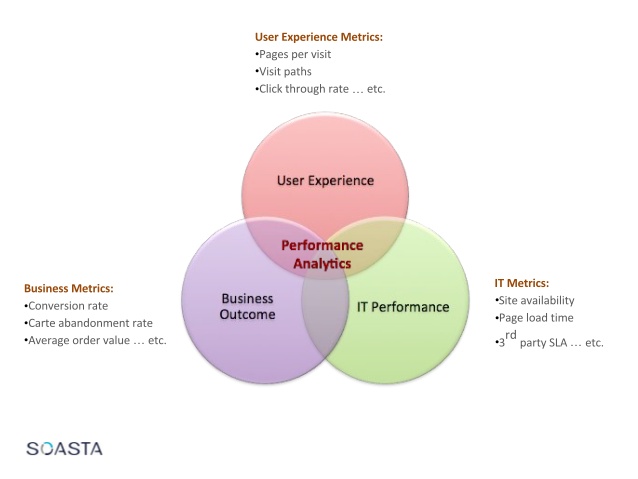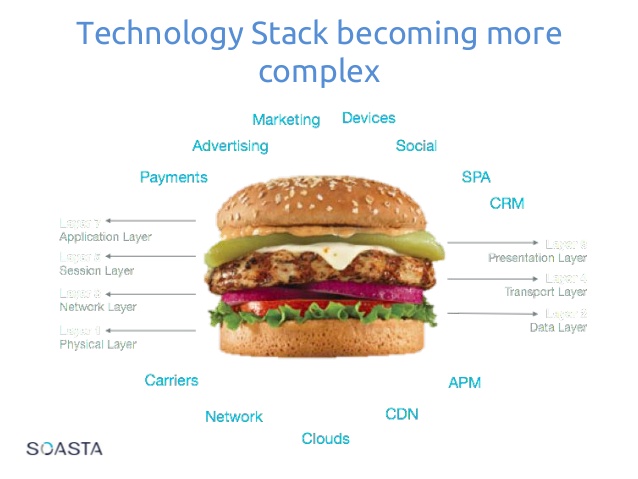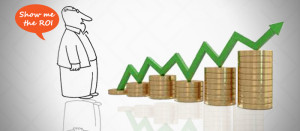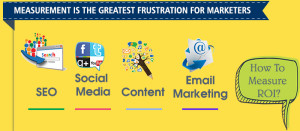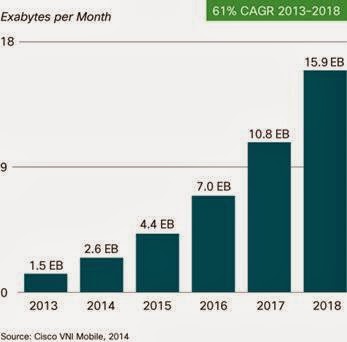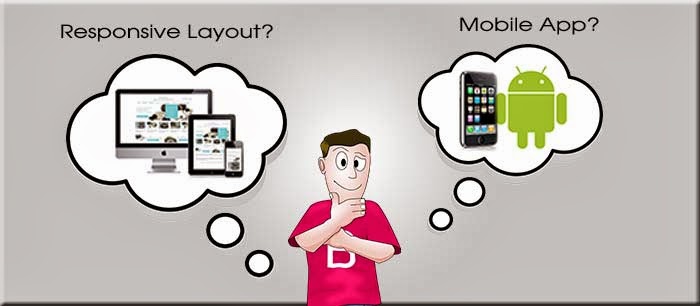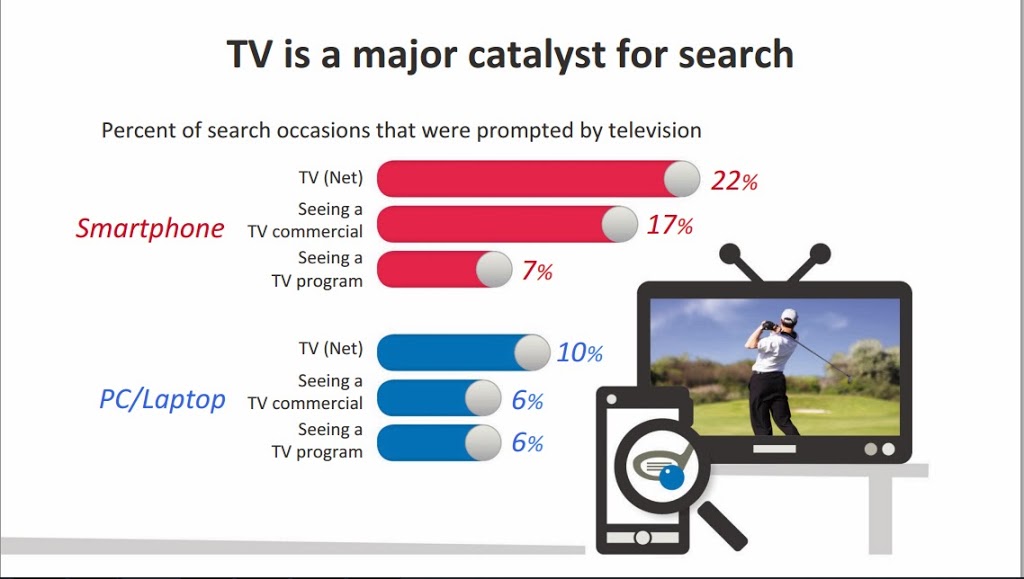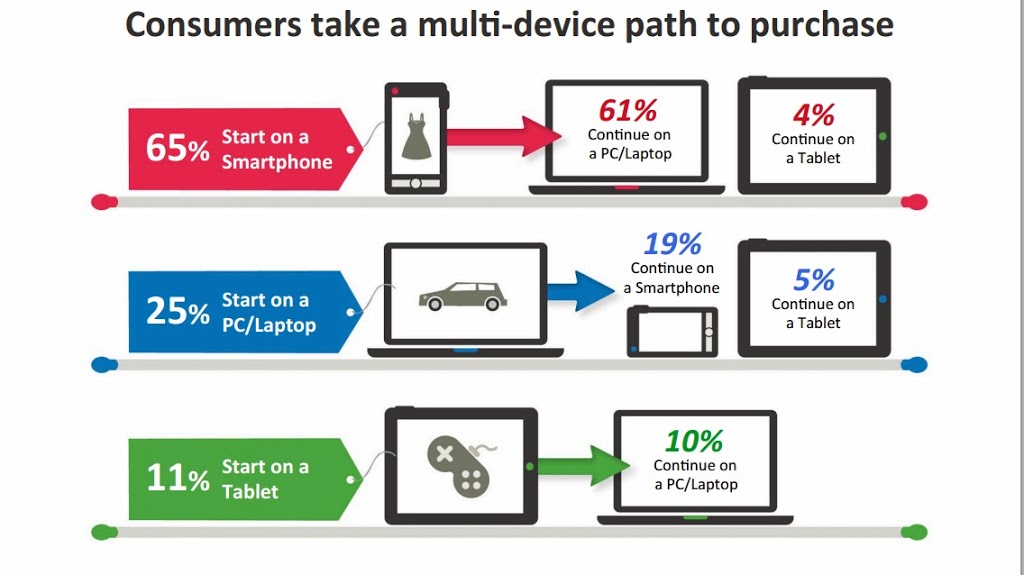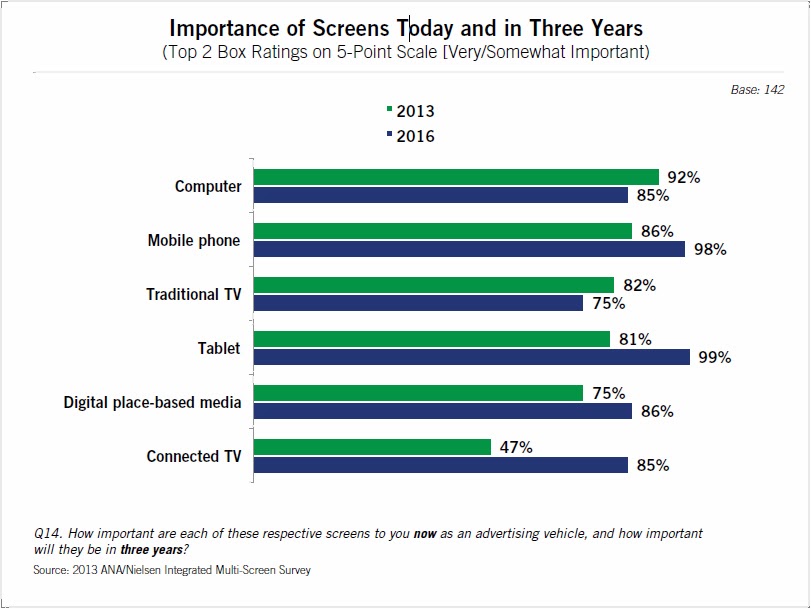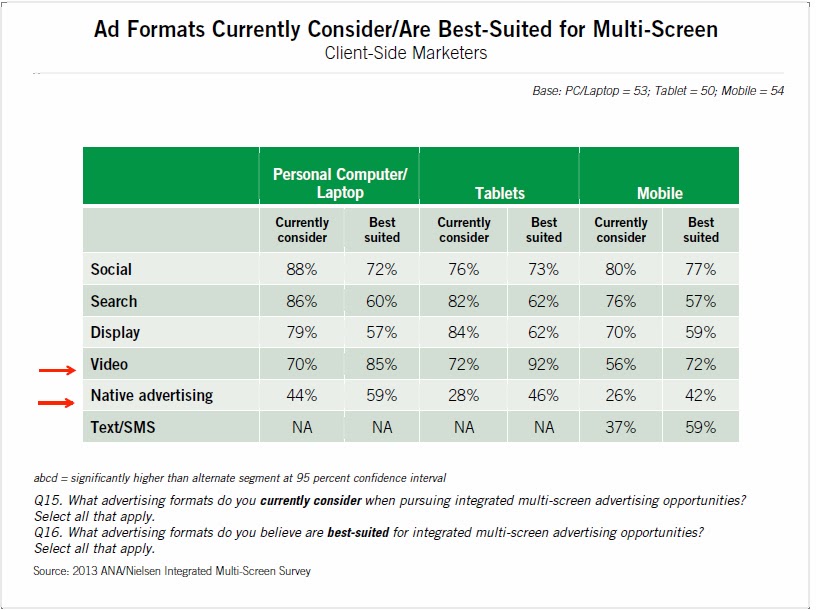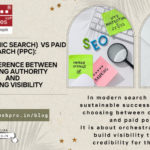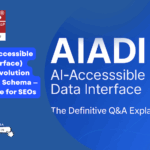In the ever-evolving digital landscape, email marketing continues to be one of the most effective and reliable marketing channels for businesses. Despite the emergence of social media, AI-powered chatbots, and other digital marketing techniques, email remains a powerful tool for direct and personalized communication with customers. In 2025, email marketing has evolved further with advancements in artificial intelligence (AI), automation, and privacy regulations, making it even more crucial for businesses to leverage this channel effectively.
Let's understand why email marketing remains vital in 2025, exploring key trends, its advantages over other marketing channels, and best practices for maximizing engagement and ROI.
1. Email Marketing in the Age of AI and Personalization
Hyper-Personalized Campaigns
AI-driven personalization has taken email marketing to new heights in 2025. Marketers can now leverage machine learning to analyze user behavior, preferences, and historical interactions to deliver highly relevant content.
- Dynamic Content: AI enables emails to adjust in real time based on user interactions, location, and browsing history.
- Behavioral Triggers: Automated workflows trigger emails based on user actions, such as abandoned carts or recent purchases.
- Predictive Analytics: AI predicts the best time to send emails, ensuring maximum open and engagement rates.
AI-Generated Content
Gone are the days of manually crafting emails. AI tools can now generate subject lines, body text, and even design elements tailored to audience preferences, saving time and improving efficiency.
2. High ROI & Cost-Effectiveness of Email Marketing
Email marketing continues to deliver one of the highest returns on investment (ROI) among all digital marketing channels. In 2025:
- The average ROI for email marketing is reported to be $40+ for every $1 spent.
- Unlike paid advertising, where costs are rising, email marketing allows businesses to maintain direct communication with their audience without incurring significant additional expenses.
- Automated email sequences reduce manual workload while ensuring customer engagement, leading to higher conversions at a lower cost.
By investing in AI-powered email marketing strategies, businesses can significantly boost revenue while maintaining budget efficiency.
3. Customer Retention & Loyalty Through Email
In 2025, businesses are prioritizing customer retention over acquisition. Email marketing plays a vital role in this by:
- Building Relationships: Regular newsletters, exclusive offers, and educational content keep customers engaged.
- Loyalty Programs: Personalized reward programs delivered via email enhance customer loyalty.
- Re-Engagement Campaigns: Automated emails bring back inactive subscribers with tailored messages and offers.
Brands that use email to nurture their audience and provide consistent value see higher customer lifetime value (CLV) and stronger brand affinity.
4. Privacy-Focused Marketing in a Cookieless World
With third-party cookies being phased out, businesses are increasingly relying on first-party data. Email marketing is at the forefront of this shift:
- Permission-Based Marketing: Opt-in email lists ensure compliance with privacy laws like GDPR, CCPA, and other evolving regulations.
- Trust & Transparency: Providing users with clear opt-in options and easy unsubscribe links enhances credibility.
- Data Ownership: Unlike social media platforms that control user interactions, email allows businesses to have direct ownership of their audience data.
With privacy concerns growing, email marketing stands out as a trusted, compliant, and customer-first approach to digital communication.
5. Integration with Other Marketing Channels
Email marketing is no longer a standalone strategy but part of an integrated, omnichannel approach. In 2025, businesses are combining email with:
- Social Media: Sharing email content across platforms to increase reach.
- SMS & Push Notifications: Combining email with SMS for urgent updates and reminders.
- CRM & Marketing Automation: Syncing email campaigns with CRM systems for better segmentation and lead nurturing.
By integrating email with other marketing channels, businesses can create seamless customer journeys and improve overall engagement.
6. Interactive & Engaging Email Content
Email in 2025 is far from static text and images. Interactive email elements have become a standard feature:
- Polls & Surveys: Encouraging customer feedback directly within emails.
- Shoppable Emails: Users can browse and purchase products without leaving their inbox.
- Live Content Updates: Emails that update in real time with new offers, countdown timers, or live social media feeds.
- Gamification: Scratch cards, spin-the-wheel incentives, and interactive challenges boost engagement.
Interactive elements ensure that emails remain engaging and provide a frictionless user experience, leading to higher conversion rates.
7. Mobile Optimization & Dark Mode Compatibility
With mobile-first browsing becoming the norm, optimizing emails for mobile devices is essential. In 2025:
- More than 70% of emails are opened on mobile devices.
- Dark Mode Compatibility: Emails must be designed to look appealing in both light and dark mode settings.
- One-Click CTA Buttons: Simplified call-to-action (CTA) buttons for mobile users ensure better usability.
Failing to optimize for mobile can lead to lower engagement rates and lost conversions.
8. Advanced Email Segmentation & Automation
One-size-fits-all email blasts are a thing of the past. In 2025, businesses are leveraging:
- Micro-Segmentation: Breaking audiences into highly specific groups based on demographics, behavior, and purchase history.
- Automated Sequences: Welcome emails, lead nurturing campaigns, and post-purchase follow-ups are fully automated.
- AI-Powered A/B Testing: AI automatically optimizes subject lines, content, and send times for the best results.
Advanced segmentation and automation ensure relevant, timely messaging, which drives higher open rates and conversions.
9. Sustainability & Ethical Marketing Practices
In 2025, consumers are more conscious of ethical marketing practices. Email marketing aligns well with sustainability goals:
- Reduced Digital Waste: Unlike print marketing, email has a lower environmental impact.
- Ethical Data Usage: Transparent data collection and respect for user privacy build brand trust.
- Eco-Friendly Messaging: Brands use email to promote sustainability initiatives, reinforcing their commitment to responsible business practices.
By aligning email marketing with ethical business practices, brands can strengthen their reputation and foster deeper connections with their audience.
10. The Future of Email Marketing Beyond 2025
As technology continues to evolve, the future of email marketing looks promising with:
- AI-Powered Hyper-Personalization: Emails becoming even more tailored with real-time customization.
- Voice-Activated Emails: Integration with smart assistants for hands-free email interactions.
- Blockchain for Email Security: Ensuring better email authentication and reducing spam.
- Augmented Reality (AR) in Emails: Allowing customers to visualize products before purchase.
Businesses that stay ahead of these trends will continue to see high engagement and long-term success.
Last But Not The Least...
Email marketing remains an indispensable tool in 2025, offering unmatched personalization, high ROI, and a privacy-focused approach. With AI-driven automation, interactive content, and seamless omnichannel integration, businesses can engage customers effectively while respecting evolving privacy regulations.
By leveraging the latest email marketing strategies, brands can foster stronger relationships, enhance customer loyalty, and drive long-term revenue growth. In a digital world filled with fleeting trends, email marketing continues to stand the test of time as a reliable and powerful communication tool.
